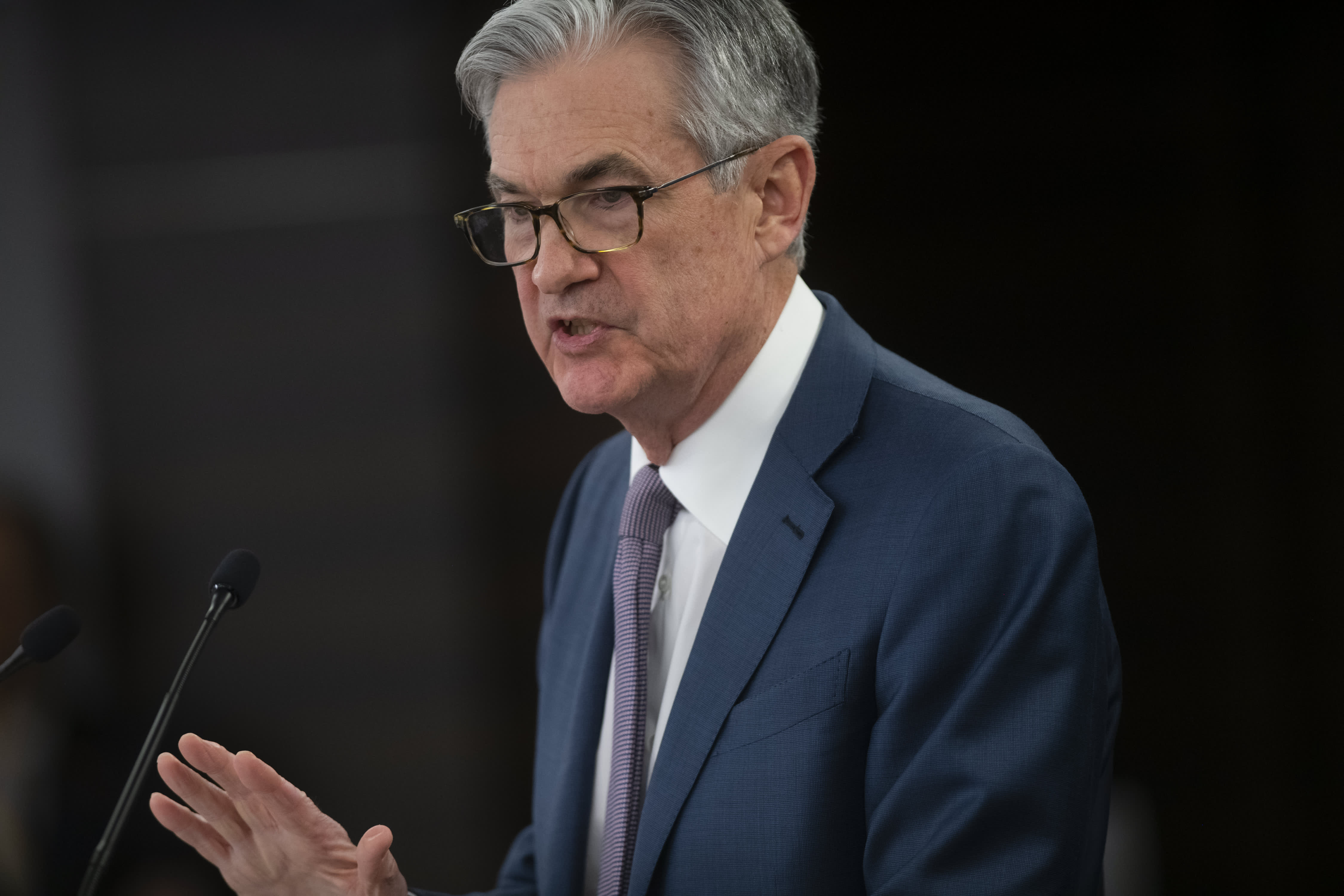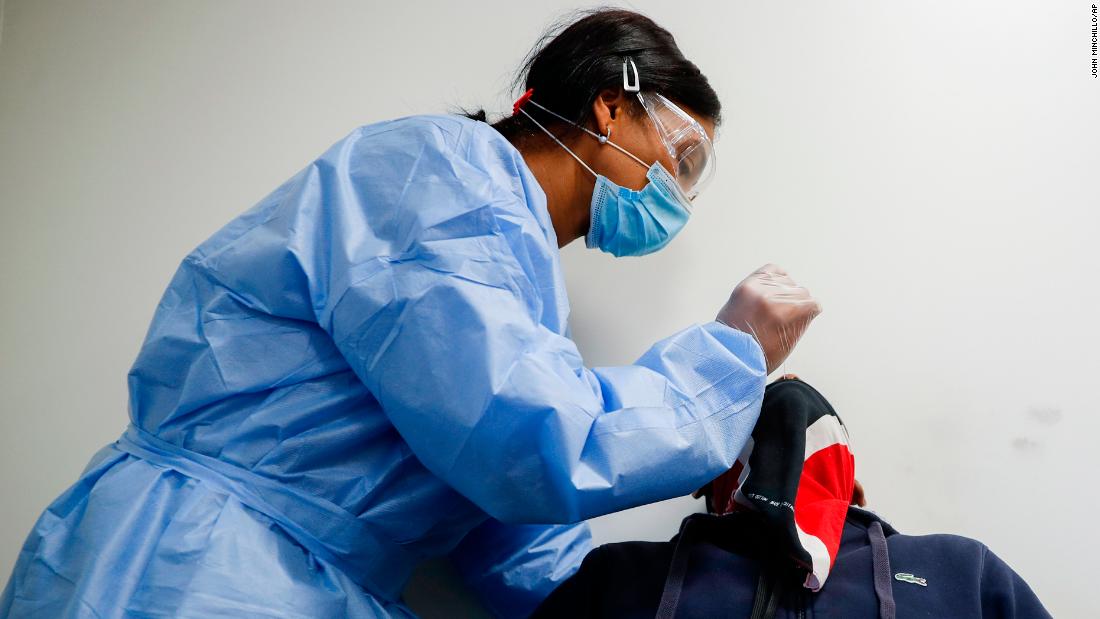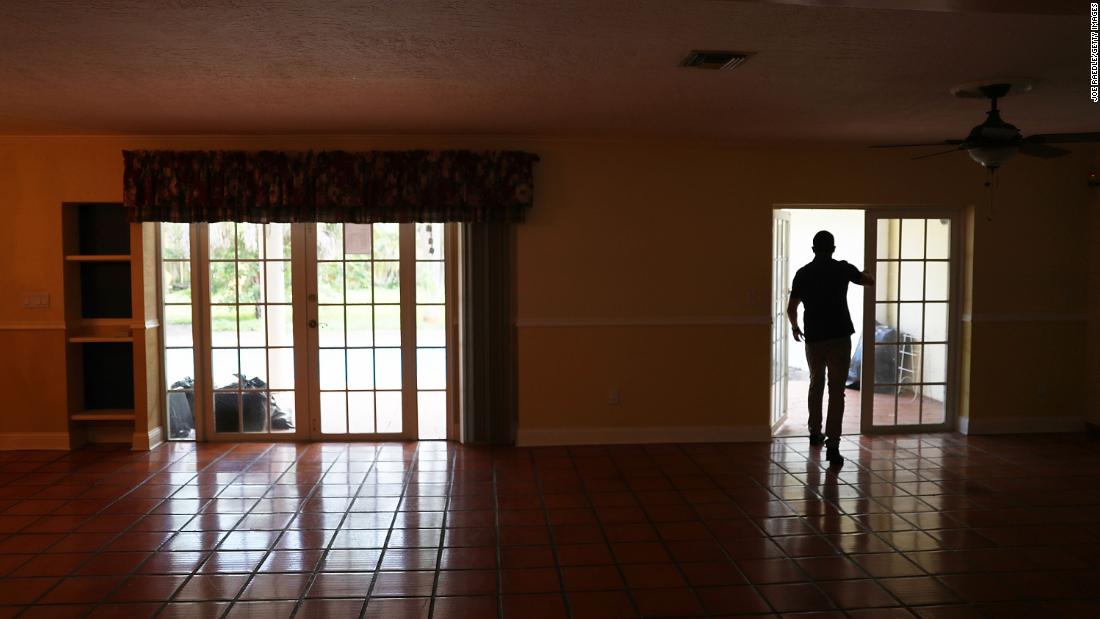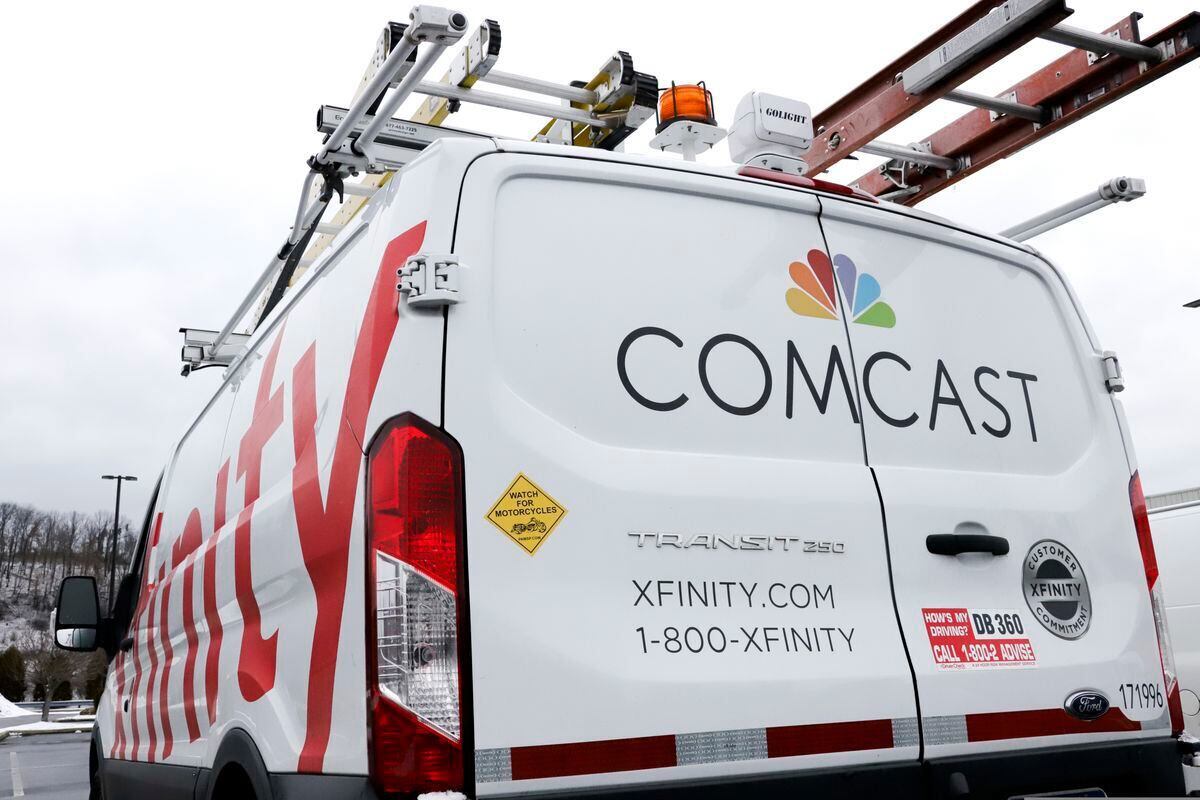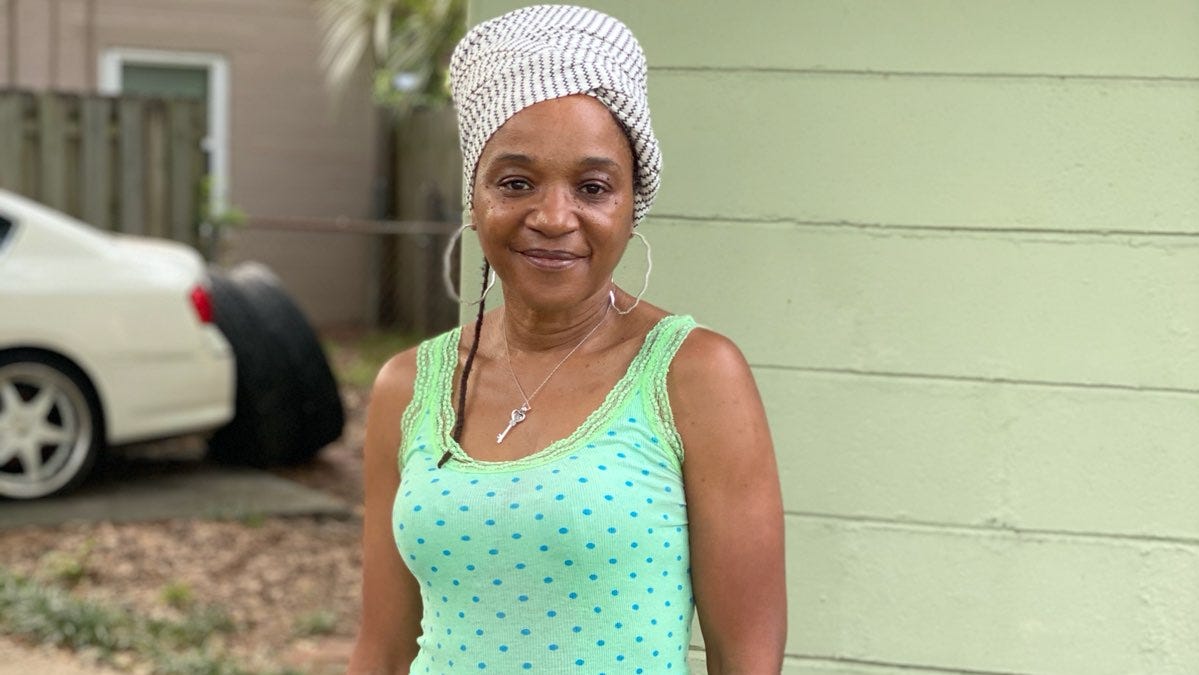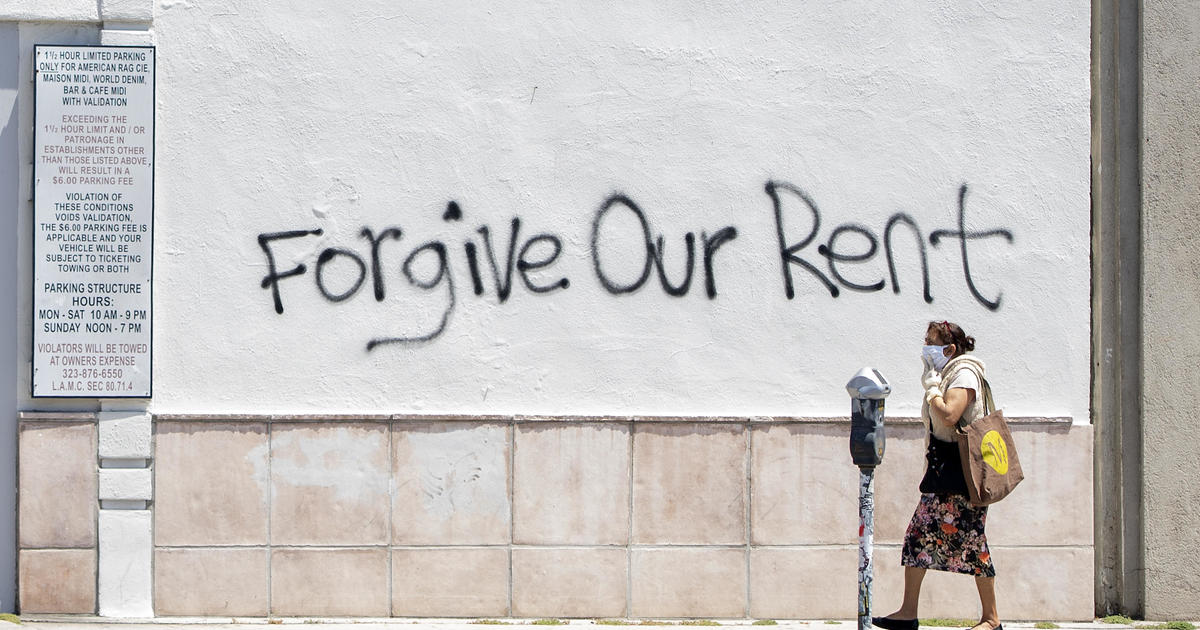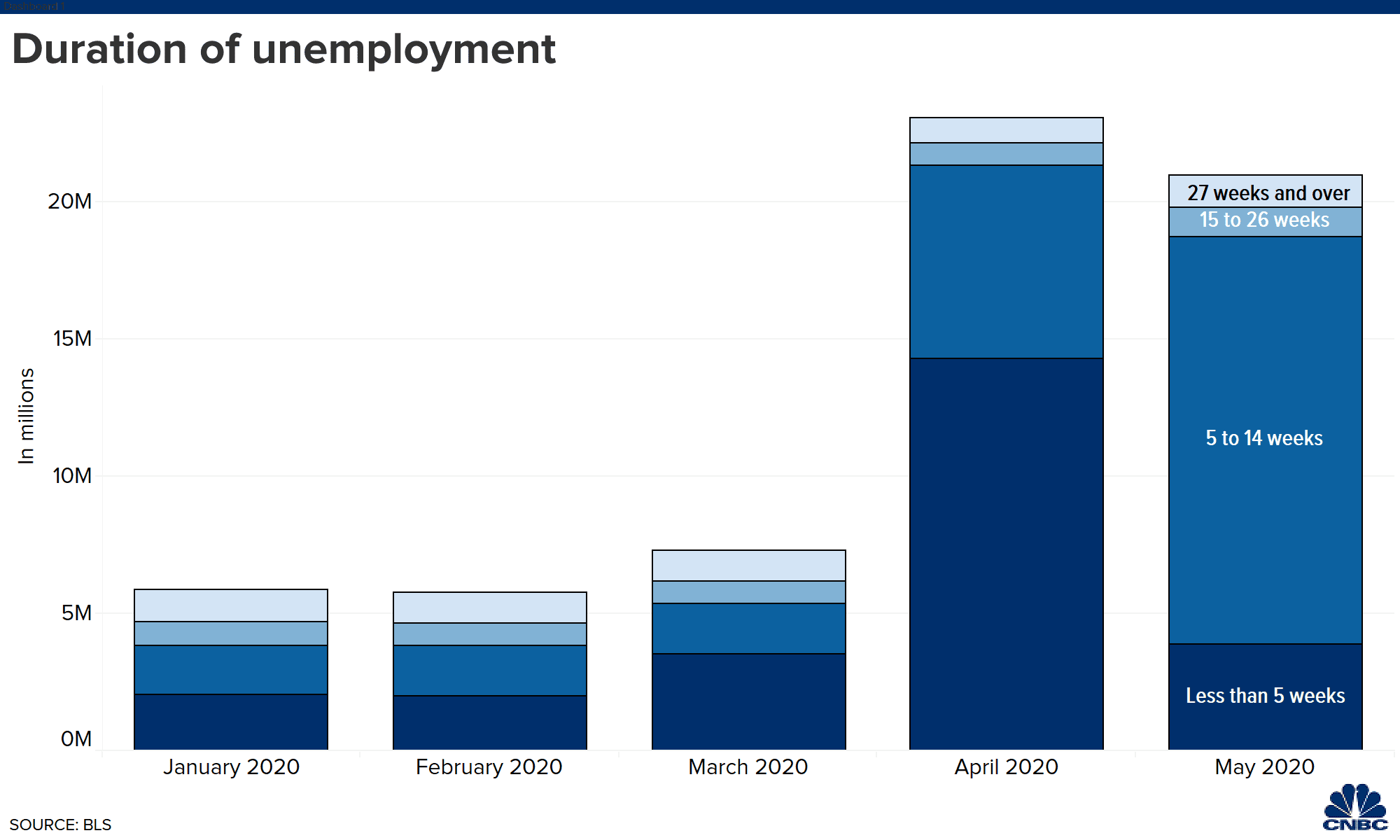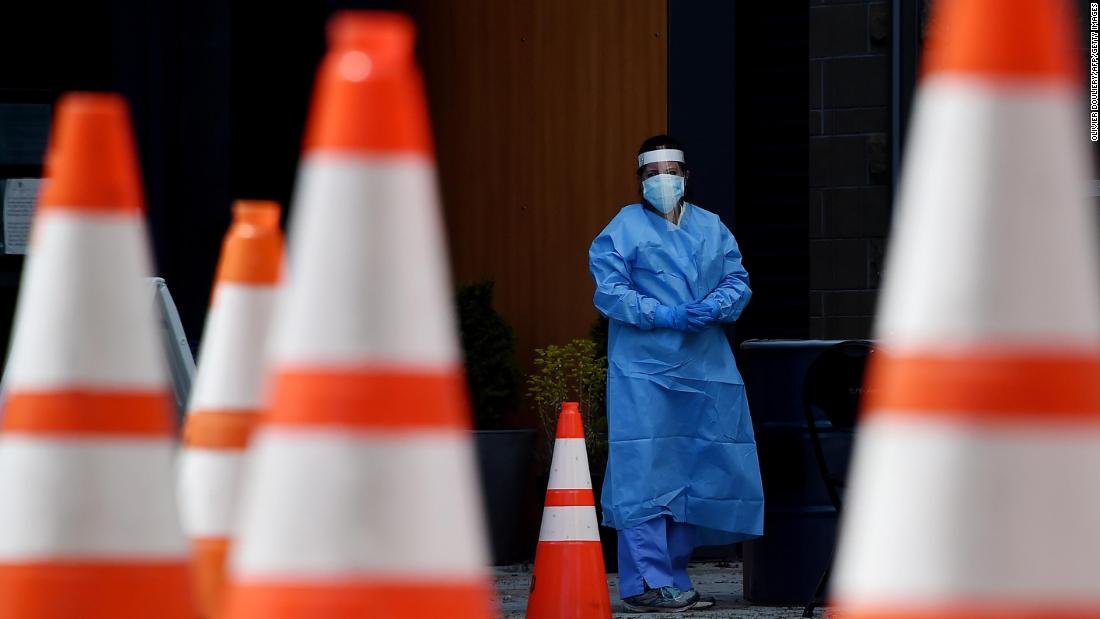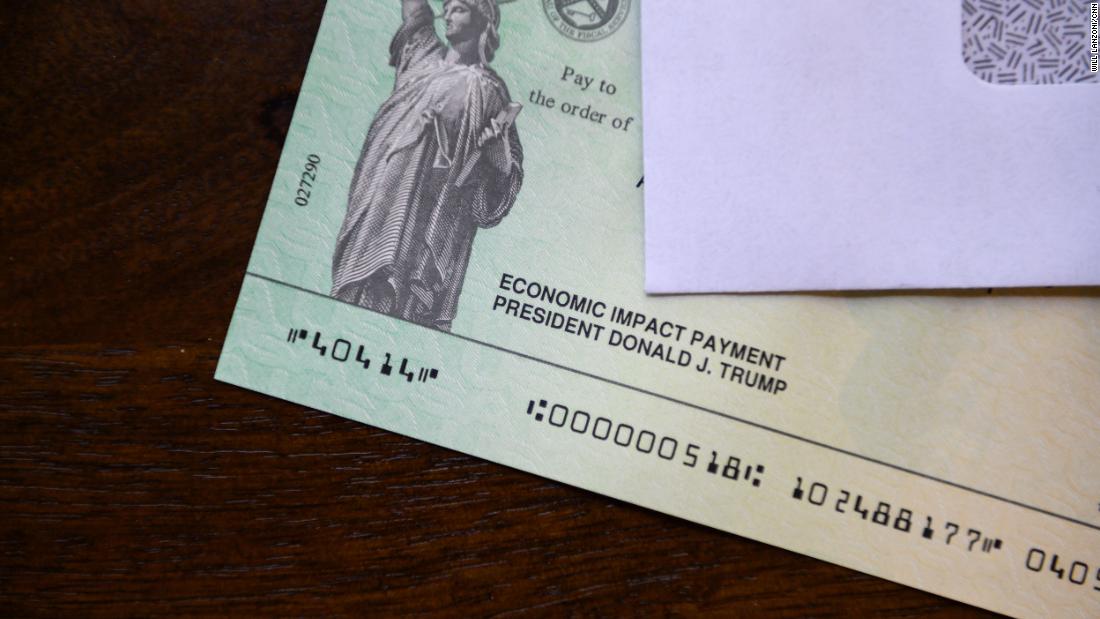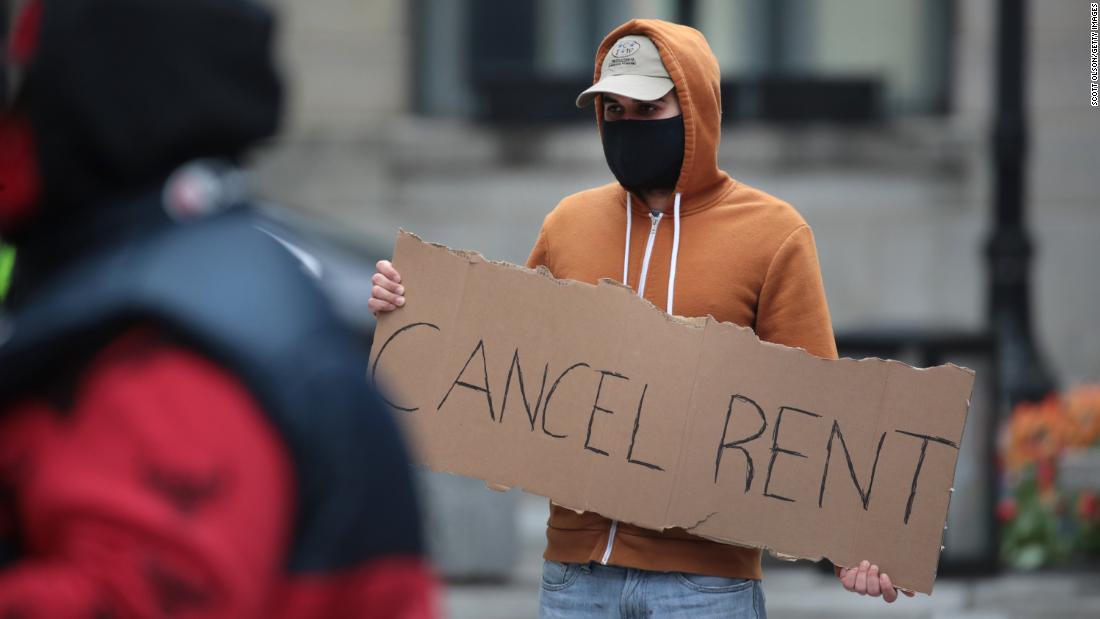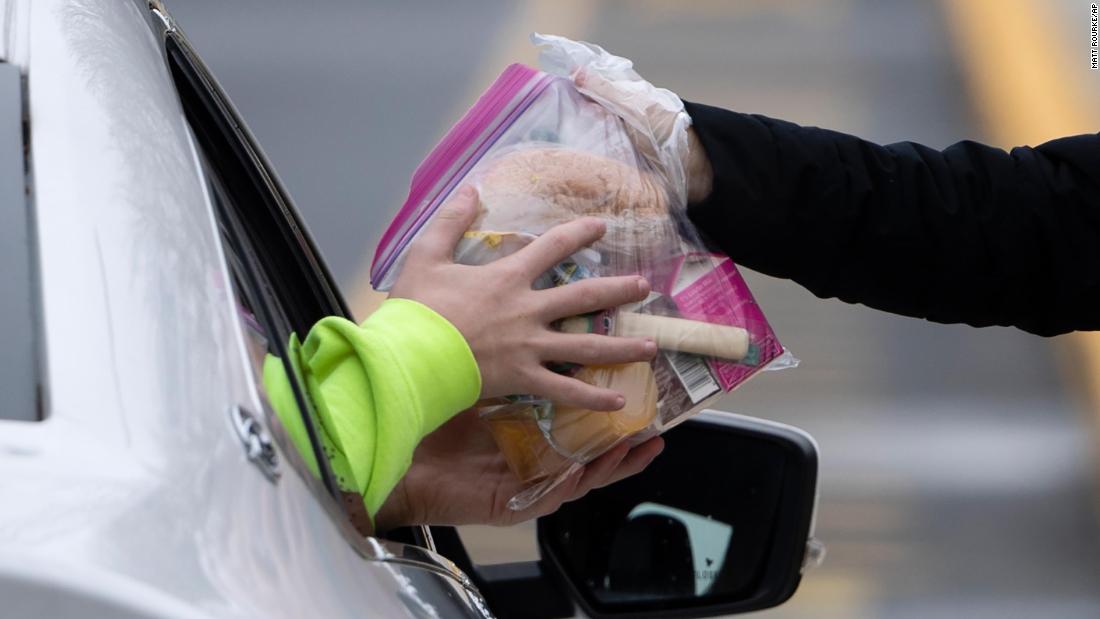The pandemic could drive up Medicaid enrollment by 16%.
The recession is playing out much differently across wealth, race and gender divides. Some are bearing the brunt of the economic contagion, while others hardly feel a thing.
When San Francisco implemented its shelter-in-place order in mid-March, the coronavirus continued to spread through the city’s Hispanic population in parts of the densely populated Mission District, researchers at the University of California, San Francisco reported Thursday.
Soaring levels of food insecurity during the pandemic have placed millions of children at risk of hunger and other serious consequences.
Homeowners and renters catch a break: Evictions and foreclosures are on pause for another two months
In an effort to keep homeownerss and renters in their homes as they navigate the economic fallout of the coronavirus pandemic, federal foreclosure and eviction moratoriums are being extended for two more months.
“Opportunity zones,” a key White House program aimed at reducing racial inequities, have benefited big real estate projects more than minority-owned small business, according to a study.
Comcast is extending its free internet for low-income customers as the coronavirus pandemic drags on
The extension by Comcast comes as the coronavirus continues to keep many students and employees at home, forcing them to rely on their own internet service for work and class.


